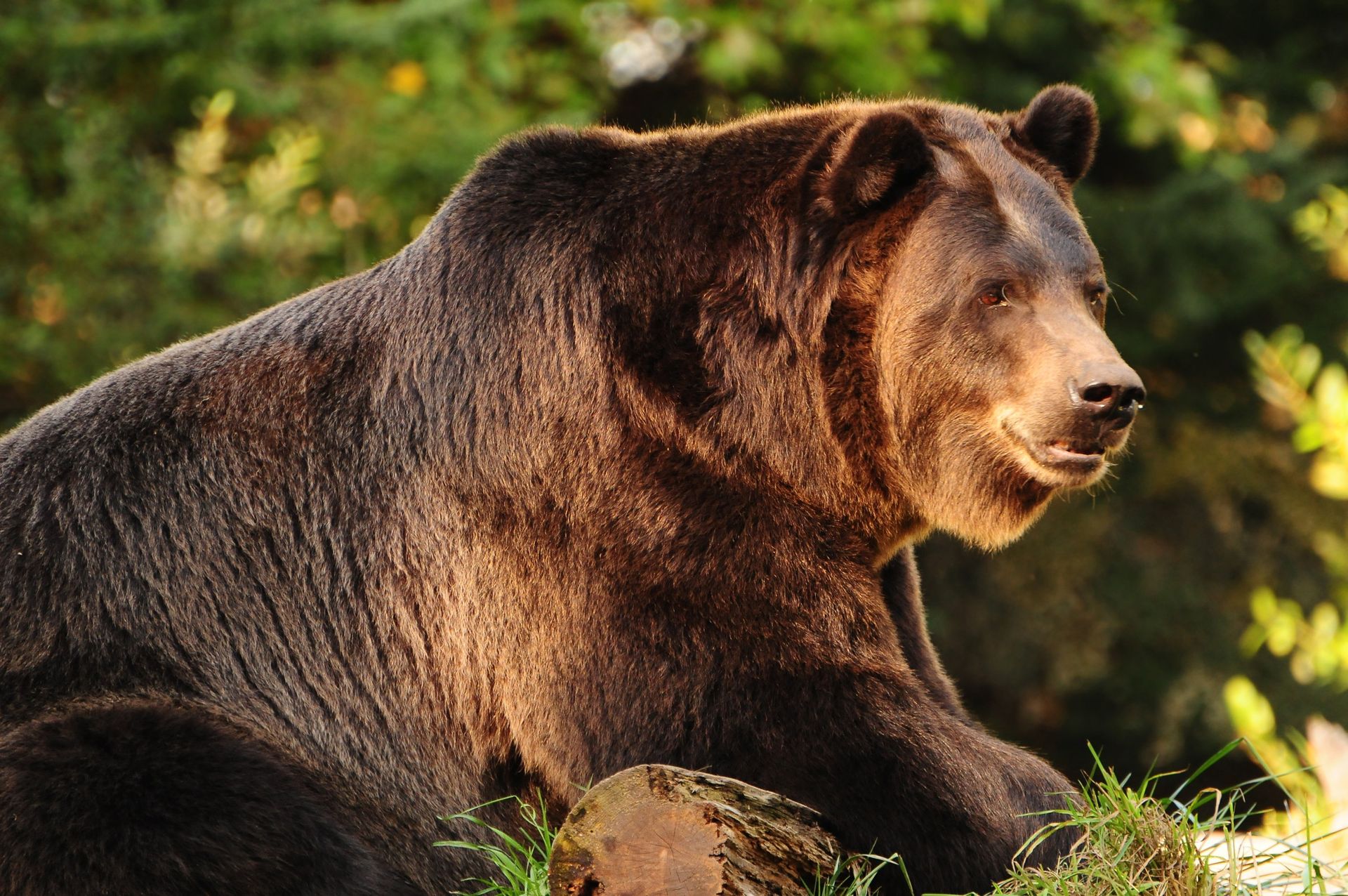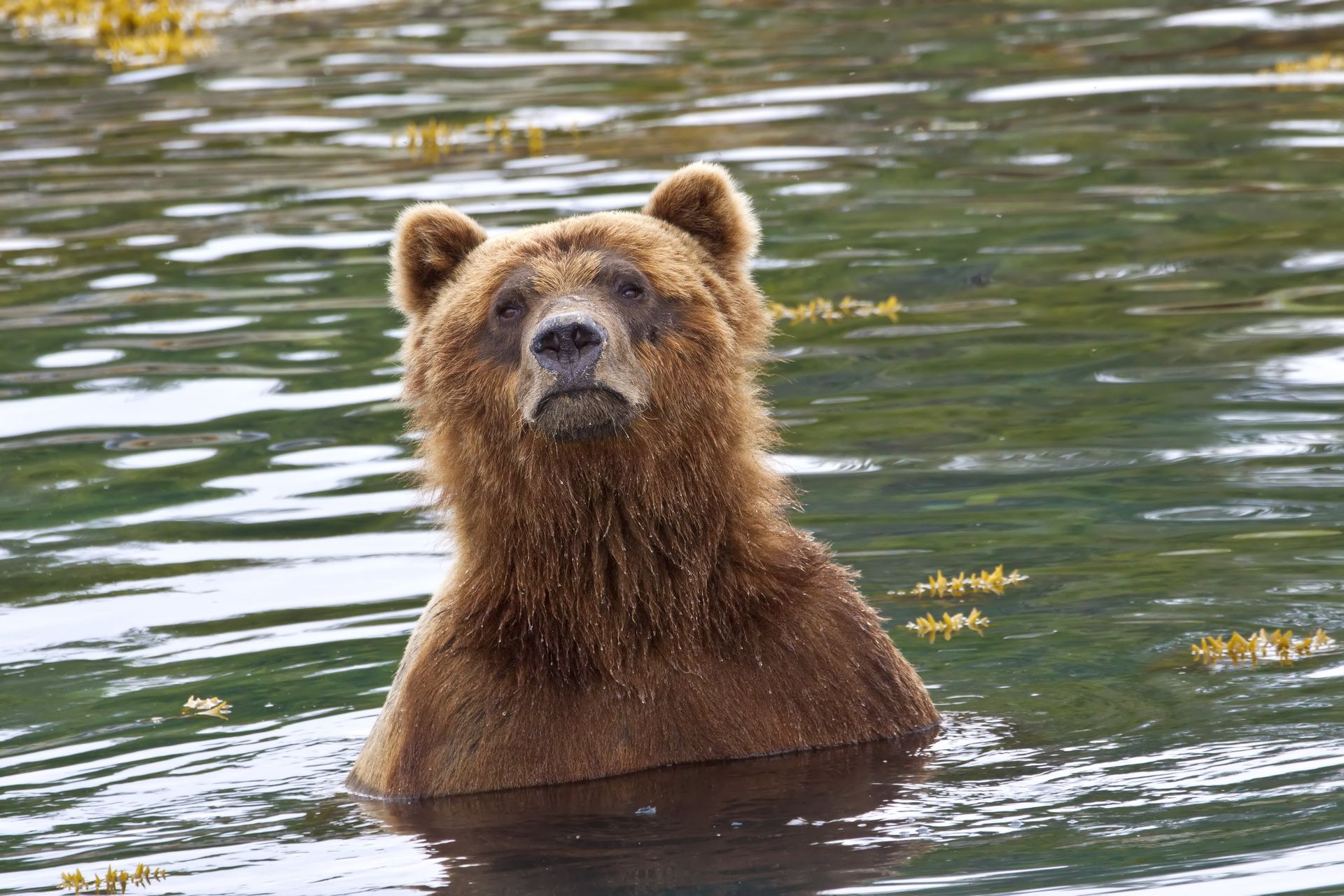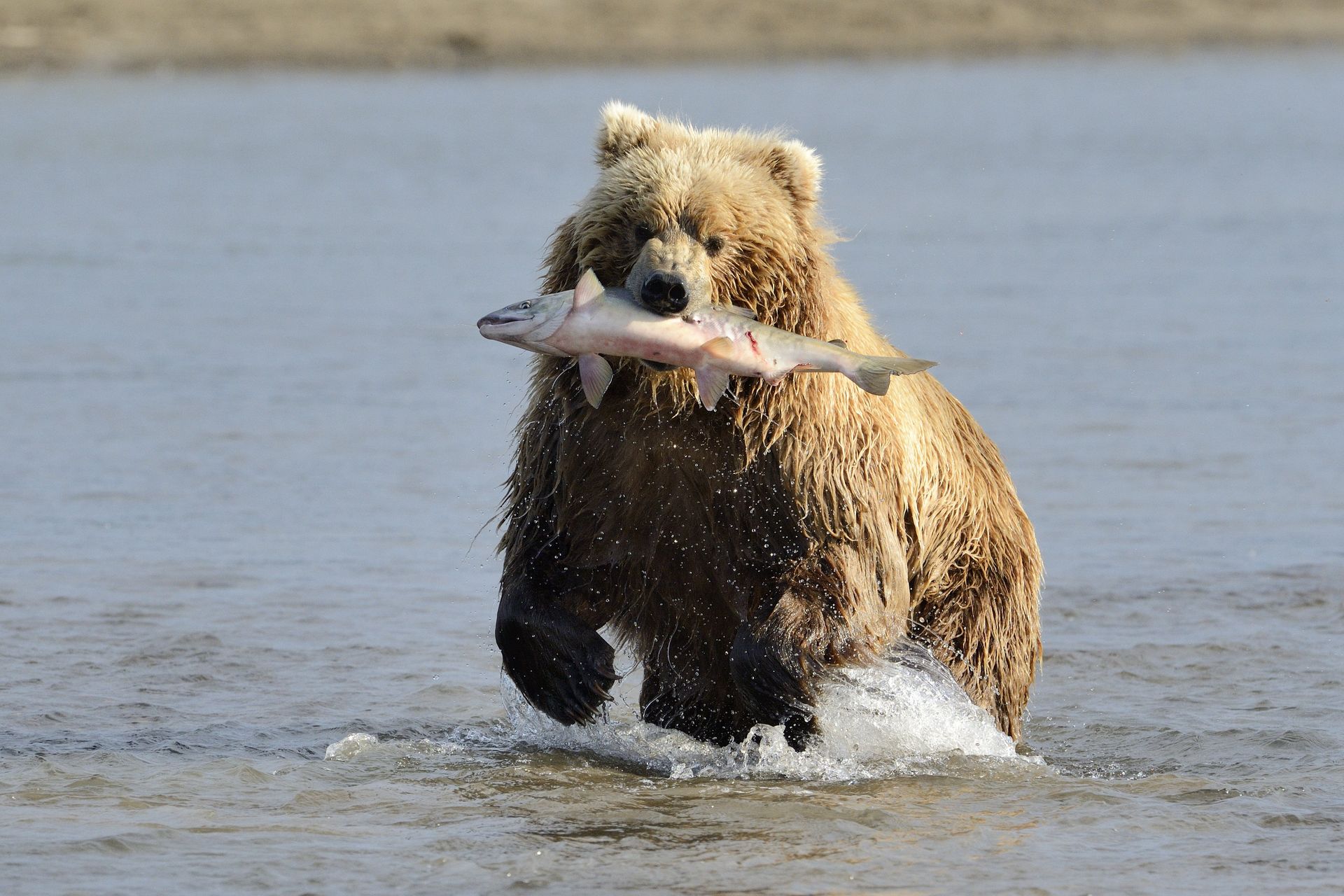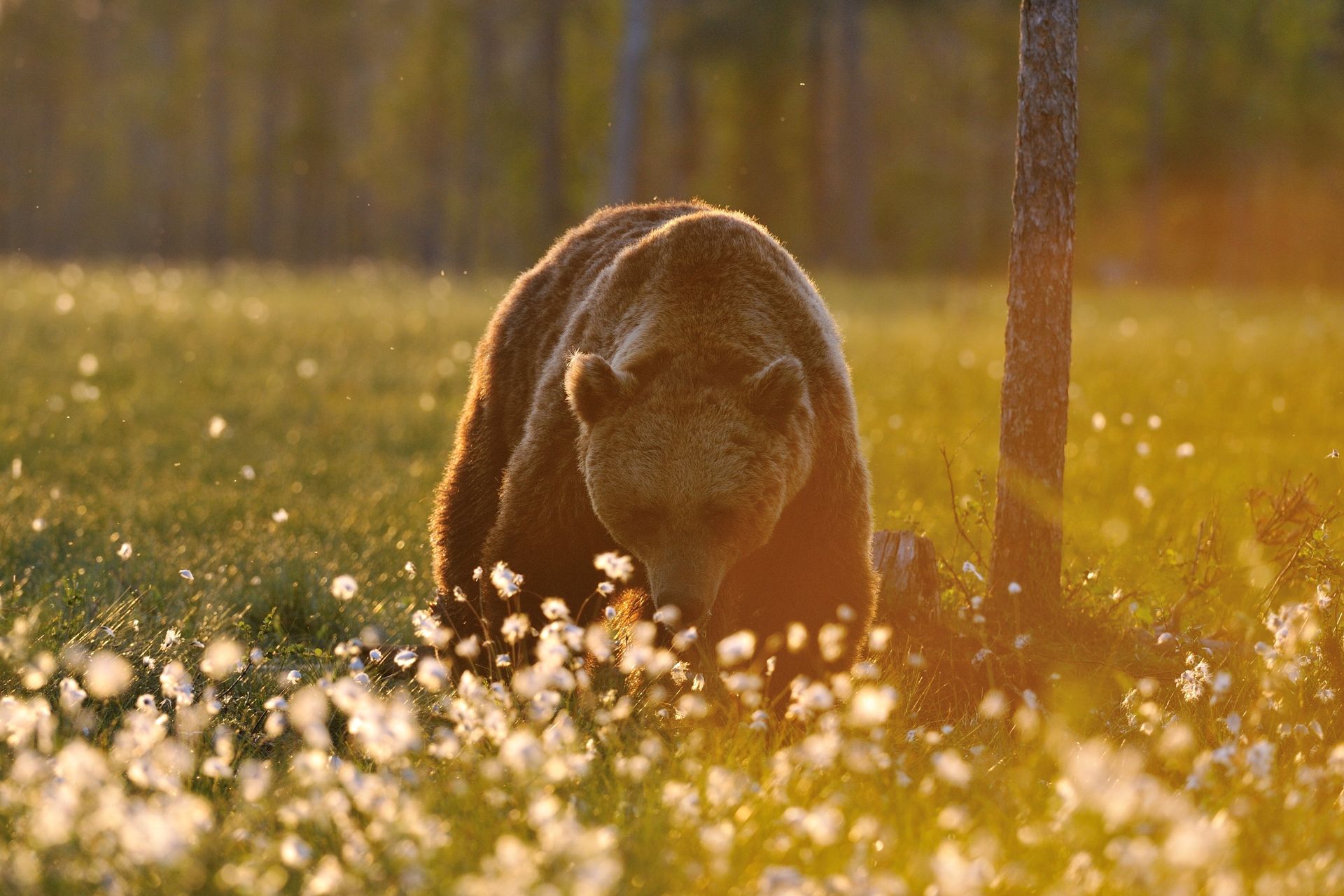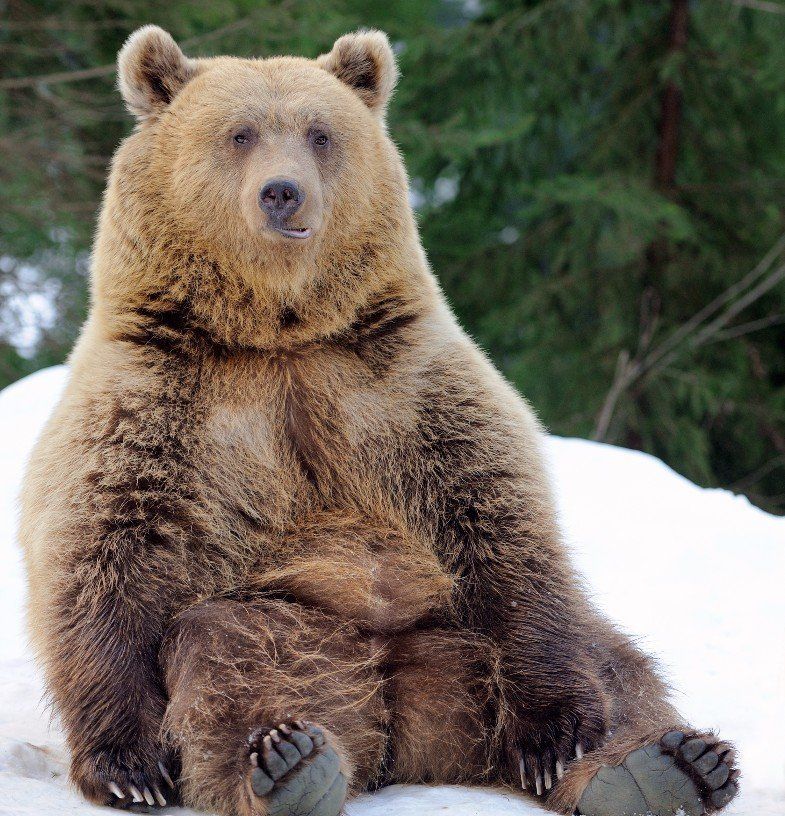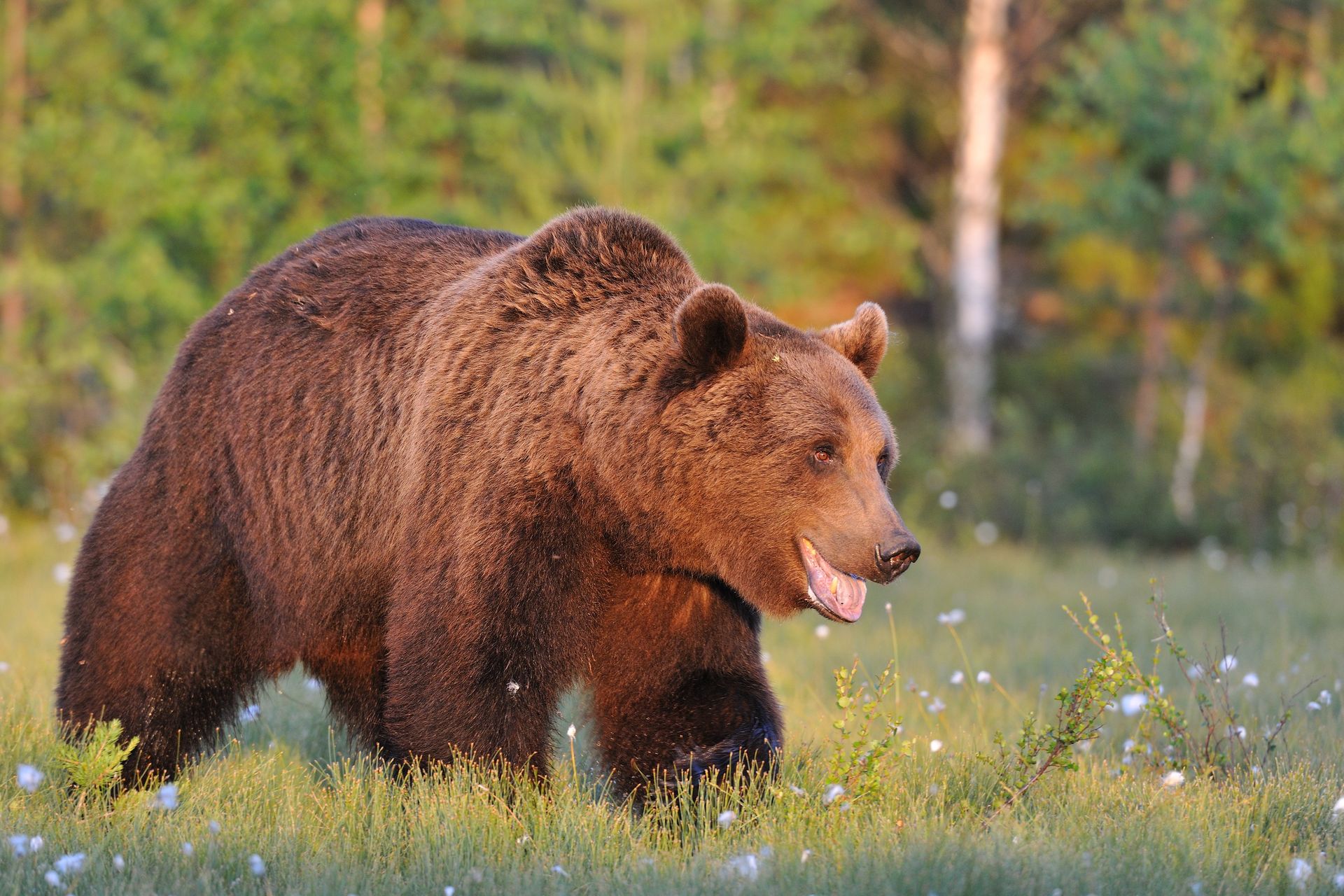
Resio /reh-zee-OH/ Resilient Optimism
- I adapt through resilience
- Stay on the path
- Never give up
- Adapt as necessary through flexibility
- Learn from the past and don’t regret
- Be grateful for each moment
- Maintain a good sense of humor
- Increases constancy and achievement
- Progressively increases courage and confidence
- Improves your feeling of well-being
- Steadies your actions
- Removes uncertainty
- Manages stress
Recommended Path:
1
2
- 1828 definition of resilient: Leaping or starting back; rebounding.
- 1828 definition of optimism: The opinion or doctrine that everything in nature is ordered for the best; or the order of things in the universe that is adapted to produce the most good.
- What does resilient optimism mean to you?
- Listen to Resio the Bear.
- Record any thoughts or impressions.
- What phrases stand out to you in Resio’s song?
- Read through the bear facts.
- After reading the animal facts and listening to the song, how can you liken the bear to resilient optimism?
- How can you help those you lead to understand what resilience is?
- Are there stories in your core books about an individual who met many troubles on their journey but stayed the course?
- How did they show optimism?
- What was their reward?
- What would have happened if they were not resilient?
4
1. Bears are highly adaptable creatures and can be found in almost every part of the world.
2. Bears have a highly-developed sense of smell, which they use to find food and to protect themselves against predators.
3. Bears are able to see in color, unlike many other animals.
4. Before winter, brown bears will eat up to 41 kg (90 lbs) a day to build up fat storage. They weigh twice as much in the fall than in the spring.
5. Bears hibernate in a different way than many other animals. Hibernation for most animals involves a drastic drop in their body temperature, and they will occasionally arouse to get a drink of water, eat a little food, etc. When bears hibernate (torpor), they are in a deep sleep and usually don’t wake for long periods of time, not even to relieve themselves. Sleeping helps a bear survive during cold seasons when food is not as plentiful.
6. What else can you learn about bears?



